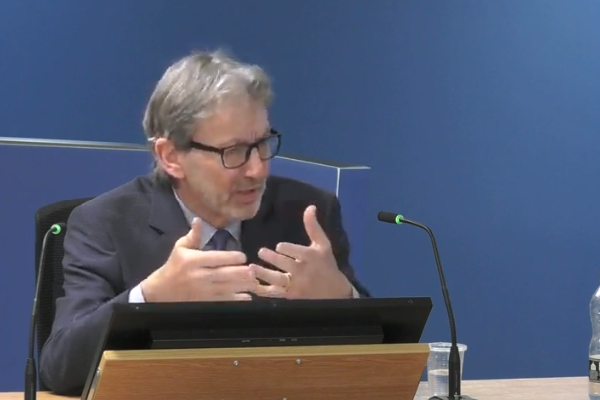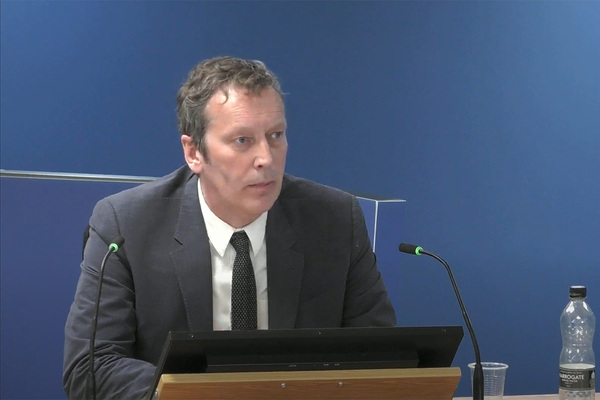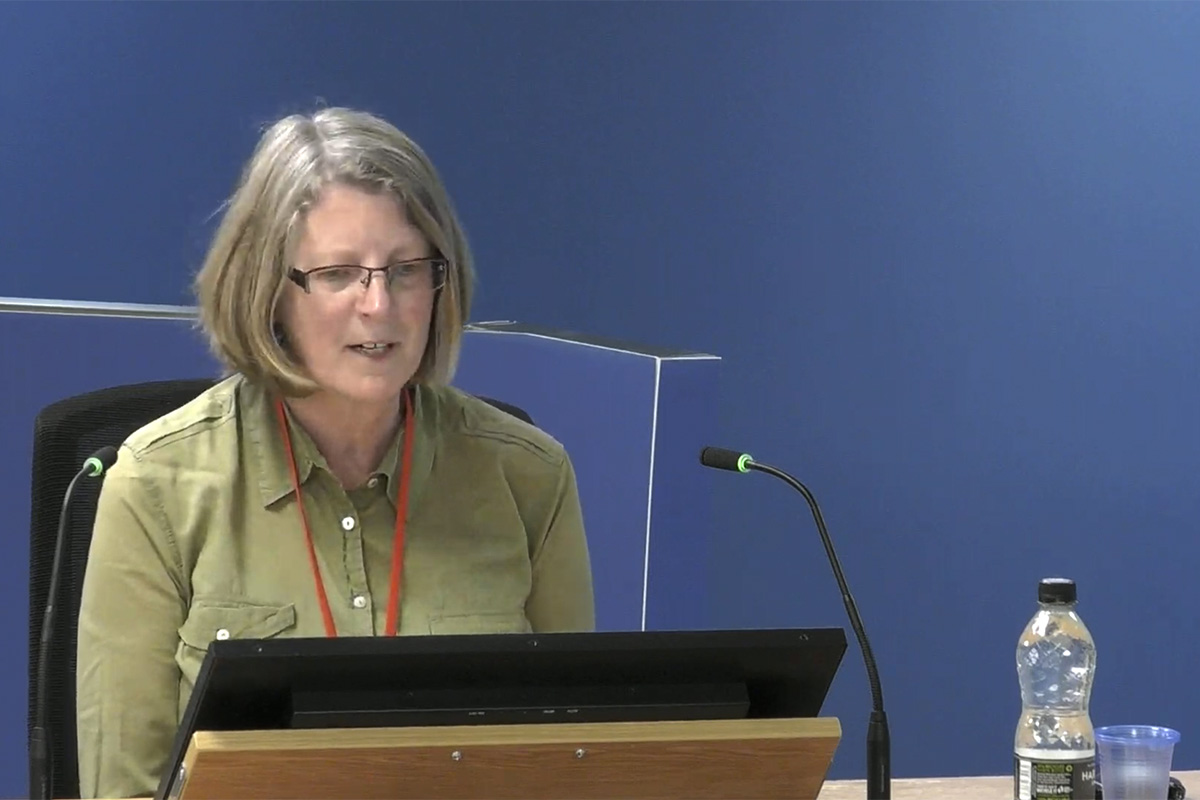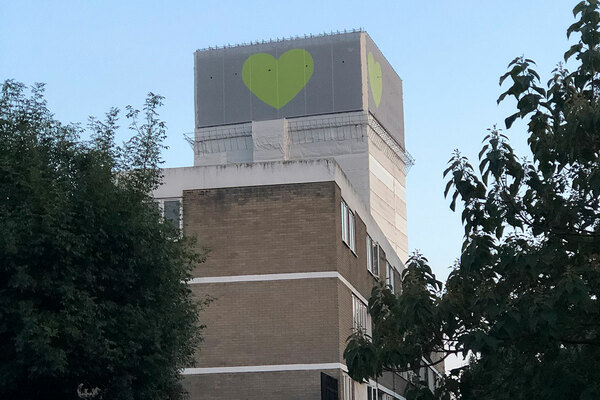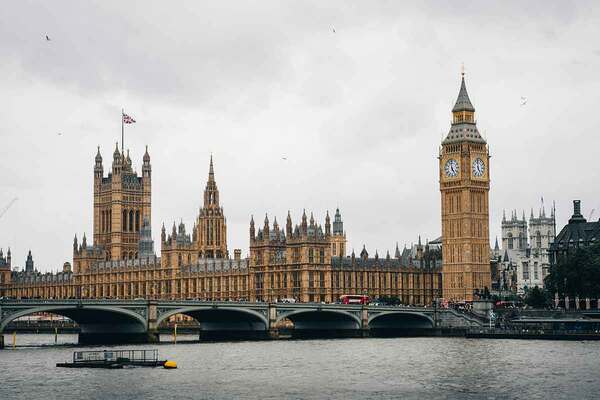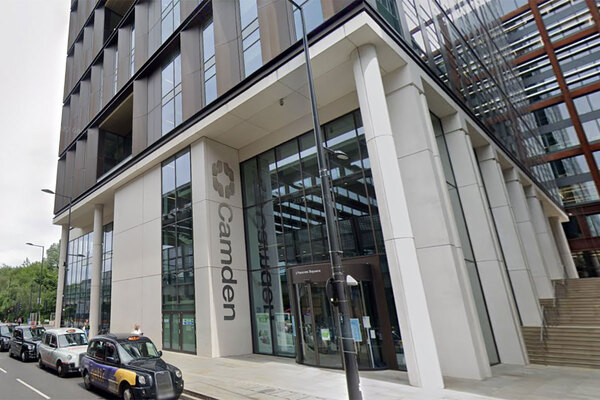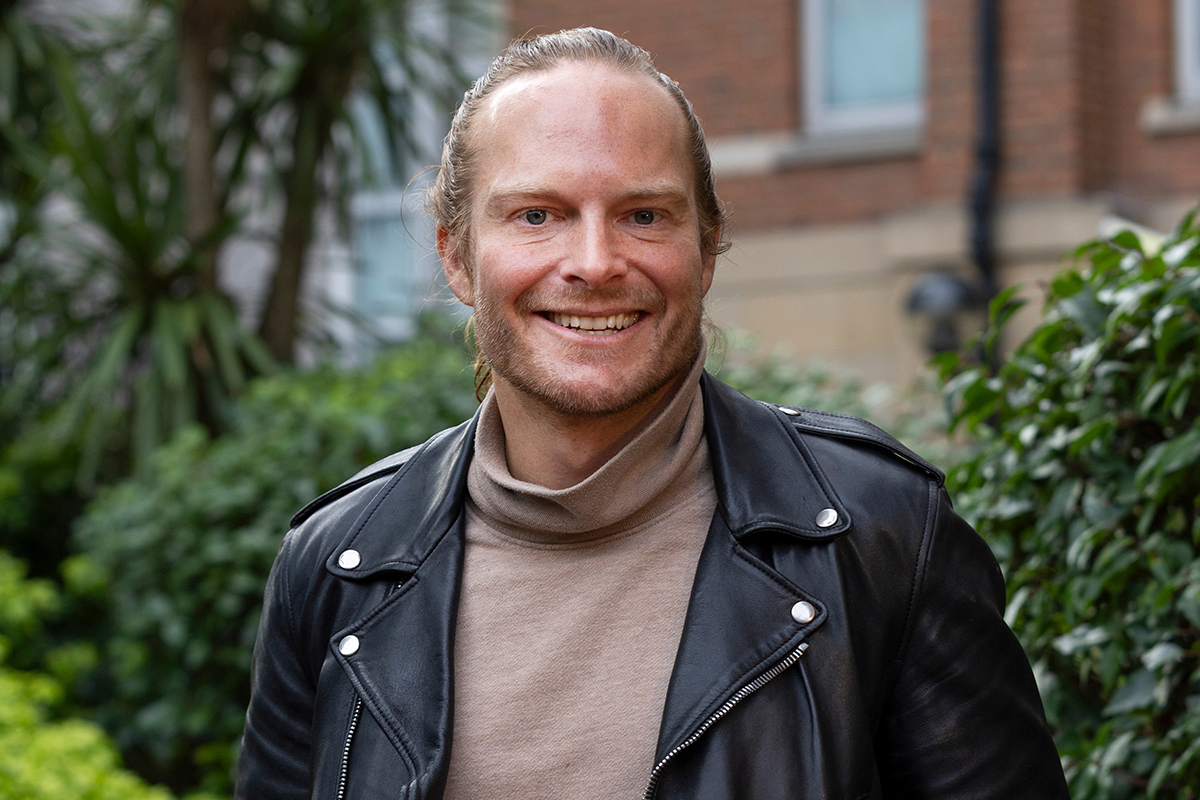RBKC decided against fire door inspection programme months before Grenfell fire
The Royal Borough of Kensington and Chelsea (RBKC) decided not to inspect the fire doors within buildings it owned months before the Grenfell Tower fire despite warnings from the London Fire Brigade (LFB), the inquiry into the fire learned today.
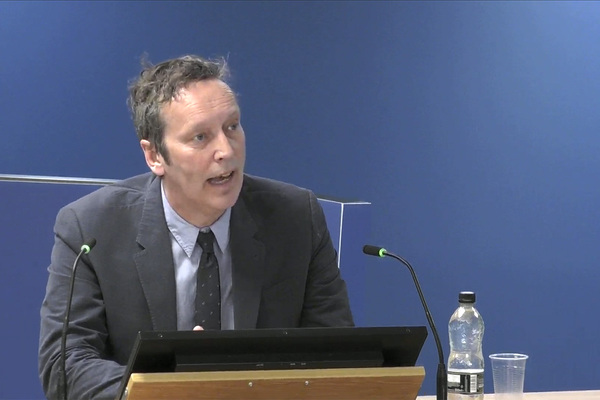
In minutes from a March 2017 meeting between RBKC and Kensington and Chelsea Management Organisation (KCTMO), which managed the council’s housing stock, it was noted that the council would “hold off recommending [fire door] inspections programme at present”.
The minutes also noted the “huge costs” of a fire door inspection programme, as well as the fact that it could open KCTMO up to “liability” if the doors are broken.
The decision to hold off on an inspection programme was made despite various requests from the LFB that KCTMO ensure all doors to the flats it managed were fit with self-closers and that it introduce an inspection programme to discover any self-closers that were faulty or had been removed.
It also followed KCTMO being served a deficiency notice for Grenfell Tower in late 2016, which raised the fact that the escape route out of the tower had “been compromised by the fitting of doors that do not self close”.
On the night of the fire at Grenfell there were various issues with the fire doors in the tower, including several fire doors not self-closing, meaning smoke escaped from individual flats into the communal areas.
While grilling Peter Maddison, former director of assets and regeneration at KCTMO, on the meeting with RBKC, lead counsel to the inquiry Richard Millett QC said: “It looks to the naked eye as if at this meeting the tone of the discussion was one of resistance to the LFB’s expectation that the TMO install self-closers and maintain them.”
“No, I don’t agree with that. I think there was an acceptance that this needed to be done,” Mr Maddison replied.
The inquiry also learned this afternoon that KCTMO’s fire risk assessor, Carl Stokes, agreed to downgrade the risk level of his recommendation that door closers be installed on another RBKC building, Adair Tower, at the request of KCTMO.
A fire risk assessment (FRA) was conducted shortly after a fire at Adair Tower, during which the lack of self-closing fire doors was noted as an issue by the LFB. Mr Stokes amended the recommendation from ‘high’ priority, meaning KCTMO would need to fix them urgently and introduce interim measures, to ‘strong advice’.
“If you had a fire risk assessor who was prepared to do what you asked him in matters of judgement of risk, how could you trust his risk assessments at all?” Mr Millett asked.
Mr Maddison said Mr Stokes’ work always seemed “thoughtful and appropriate” and that KCTMO’s request was about “the practicalities of these issues” rather than “manipulating figures”.
The inquiry was also shown a witness statement from LFB employee Rebecca Burton in which she said she told KCTMO that she did not think the organisation’s fire risk assessor “was providing a good service” to the landlord based on the quality of some of his FRAs.
It came after Mr Millett spent the morning walking through a series of minutes from KCTMO health and safety meetings covering the period from 2013 until 2017, in which senior KCTMO figures discussed the backlog of FRA actions that had built up within the organisation.
Yesterday we learned that KCTMO had built up a backlog of 1,400 outstanding FRA actions in early 2014 and had decided not to disclose this information to the LFB to avoid attracting “scrutiny”.
Over the course of the morning the inquiry learned that KCTMO had slowly reduced this number over several years, but had not completely cleared the backlog before the fire at Grenfell when there were still a small number of actions that were more than a year out of date.
“During the period that you attended operational health and safety meetings and the health and safety committee meetings of the TMO, do you agree that there was continual and frequent discussion about the importance of clearing FRA actions?” asked Mr Millett.
“Yes,” Mr Maddison responded.
“Do you agree that those discussions were already taking place when you joined the TMO in January 2013 and that they were still taking place in the days before the fire?” asked the counsel.
“Yes,” Mr Maddison replied.
However, Mr Maddison said he did not agree with Mr Millett’s assertion that KCTMO “never fully got to grips with completing FRA actions” and was “always playing catch-up”
He said: “The progress [KCTMO] made taking a significant number of outstanding actions down to a much smaller number and increasing the turnover of those was a significant piece of work.”
The Grenfell Tower Inquiry continues next week.
Sign up for our fire safety newsletter
Already have an account? Click here to manage your newsletters
